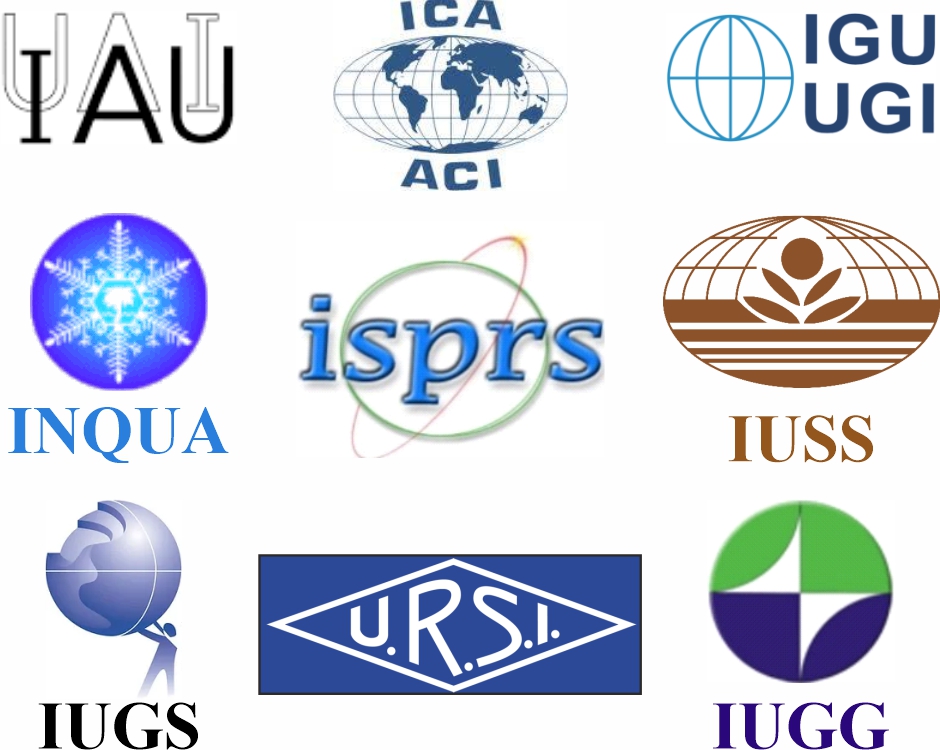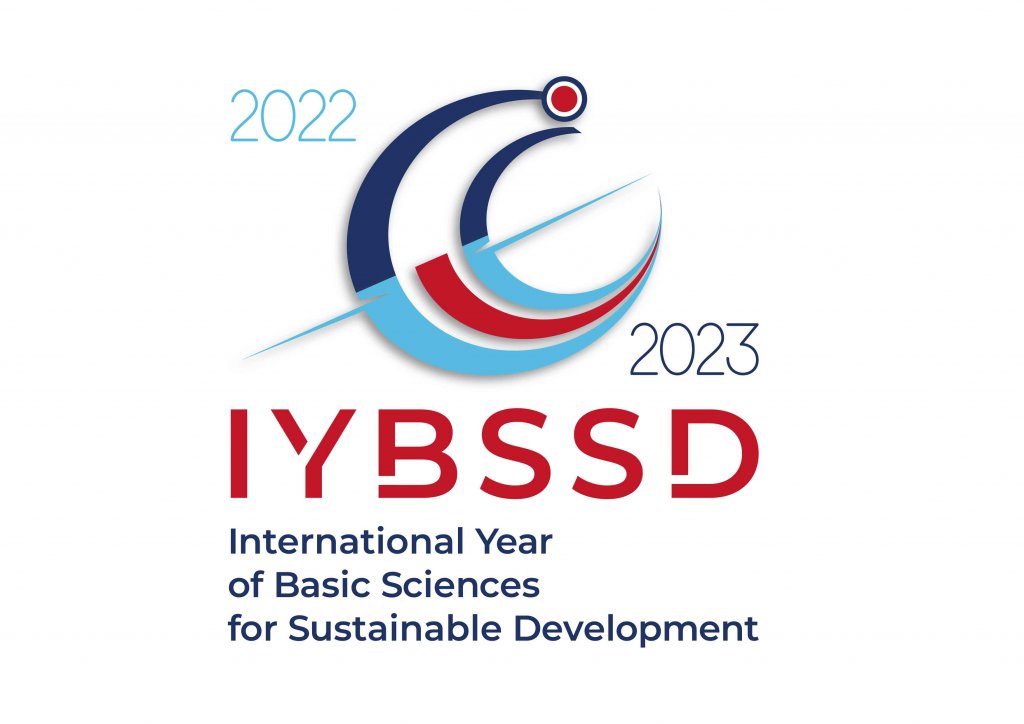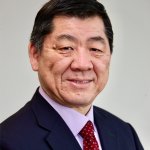



A systematic follow-up and review through indicators-based tracking and reporting of the progress towards 2030 Sustainable Development Goals (SDGs) through integration of statistical data and geo-information is a challenging task and a hot topic for both governmental agencies and scientific communities. This lecture provides an overview of United Nation recognized good practice on monitoring of geospatial information-enabled SDGs, which demonstrates how the overall SDGs progress at a local context can be well measured through developing a set of indicator-based, data driven and evidence-supported approaches with a geographic perspective.

Chen Jun
Professor/Chief Scientist at the National Geomatics Center of China, Beijing, China
Chen Jun is the past president of ISPRS. As a leading scientist affiliated with National Geomatics Center of China, he is an expert in operational land cover and topographic mapping with space/airborne remote sensing. He had led China’s global land cover mapping project and produced the world’s first 30-m earth land cover map, GlobeLand30, which has been widely utilized by United Nations and about 140 countries. He has also established a dynamic topographic updating system and produced accurate maps for whole of China. He had also completed a pioneer project to measure the progress toward SDGs at a local level in China (i.e., Deqing County) with geospatial and statistical information, which was selected and announced by UN as one of the first 16 good SDGs practices in 2020. During his 40 year’s professional career, Chen Jun has published more than 300 publications and 4 books, and received the a number of international and national scientific awards. He was elected as an academician of Chinese Academy of Engineering in 2019 and elected as a honorary member of ISPRS in 2022.
Adopted by the UN General Assembly in 2015, the 2030 Agenda for Sustainable Development represents a new way of thinking about how to better link basic science and education with issues such as climatic and environmental change, water and energy security, ocean preservation, disaster risks and other topics. It intertwines social, economic, and environmental targets in 17 Sustainable Development Goals (SDGs). Basic sciences have an important contribution to make to the implementation of the 2030 Agenda for Sustainable Development.
The United Nations General Assembly approved by consensus a resolution that promulgates 2022 as the International Year of Basic Sciences for Sustainable Development. IYBSSD2022 encourages exchanges between scientists and all categories of stakeholders, whether from grassroots communities or political decisionmakers and international leaders, as well as associations, students and local authorities.
Nine ISC Members forming GeoUnions proposed to establish the programme “Distinguished Lecture Series on Basic Sciences for Sustainable Development” to promote the IYBSSD2022, and to highlight the importance of basic sciences for the ISC community.
ISC Distinguished lecture series
Promoting discussion and debate around the importance of basic science and their relation to the Sustainable Development Goals
Image by jannoon028 on Freepik